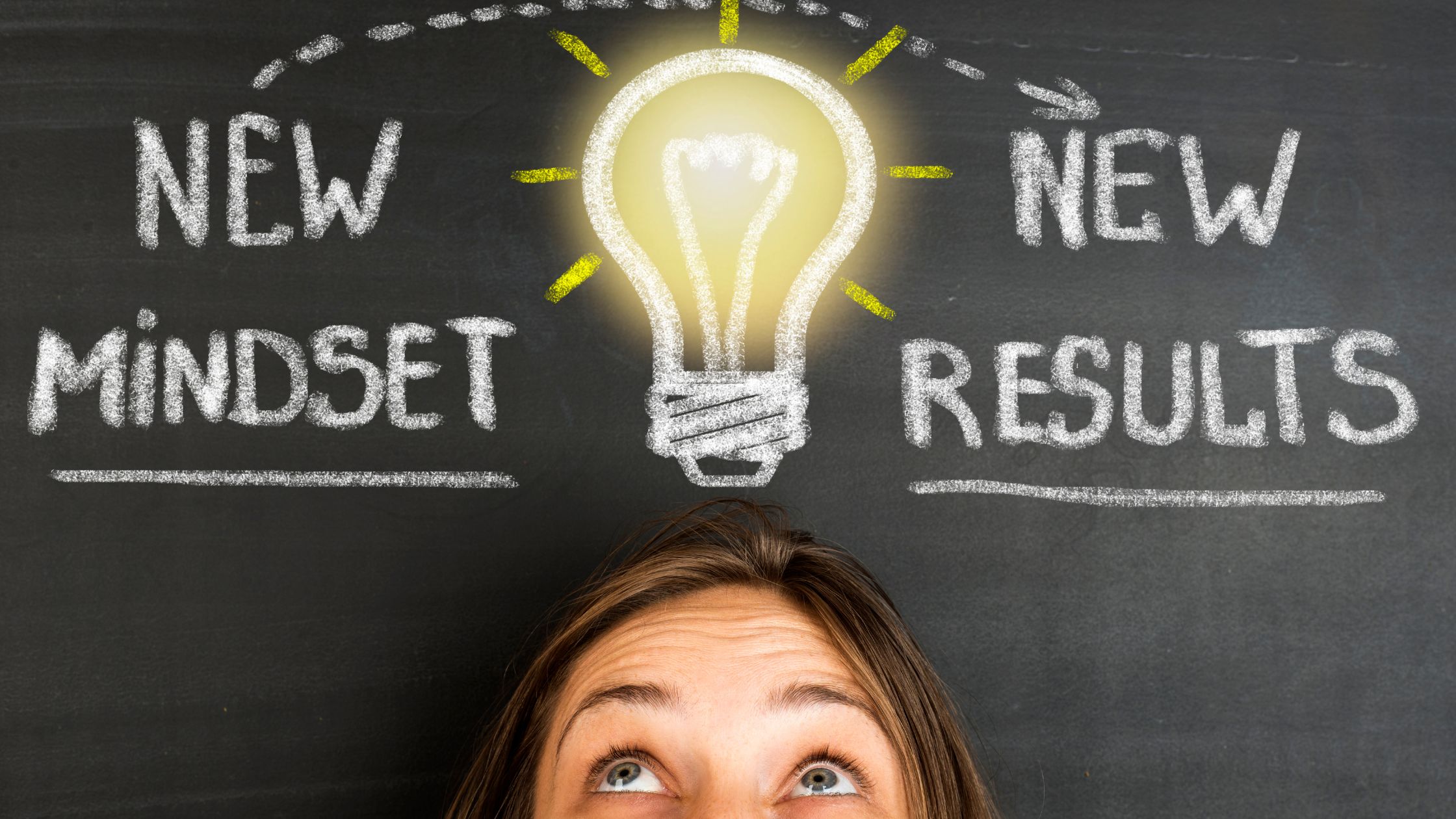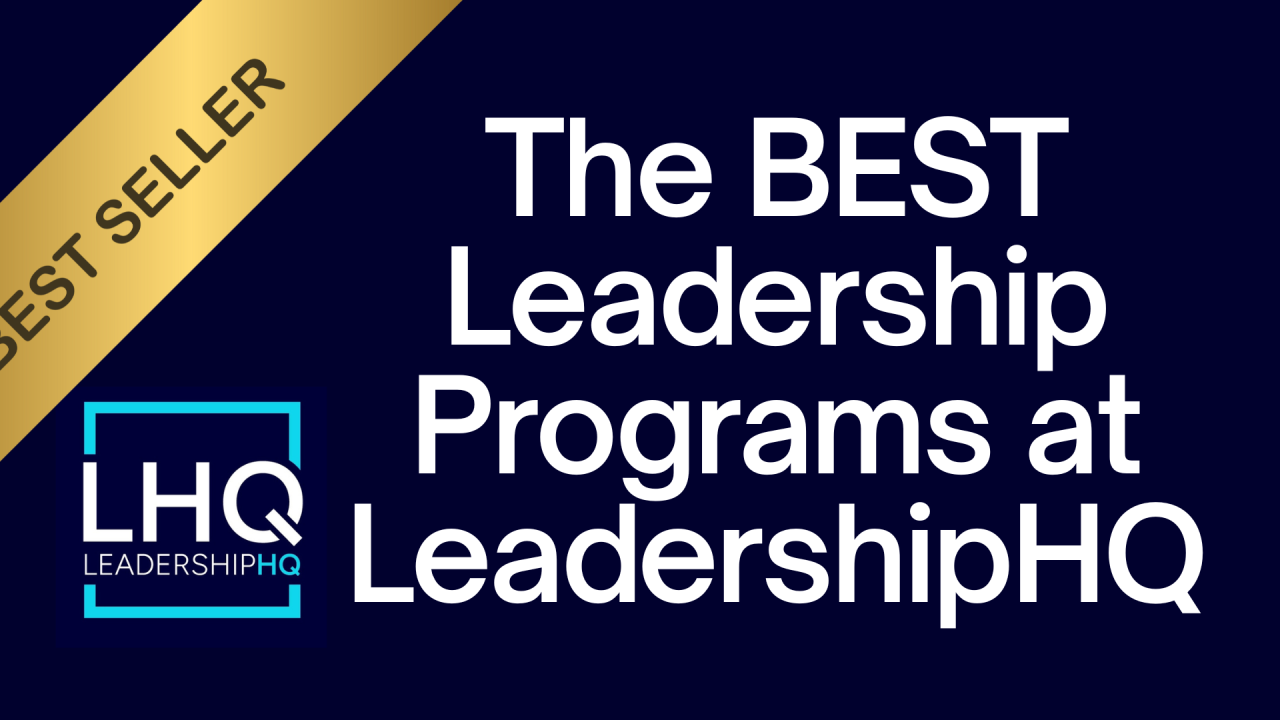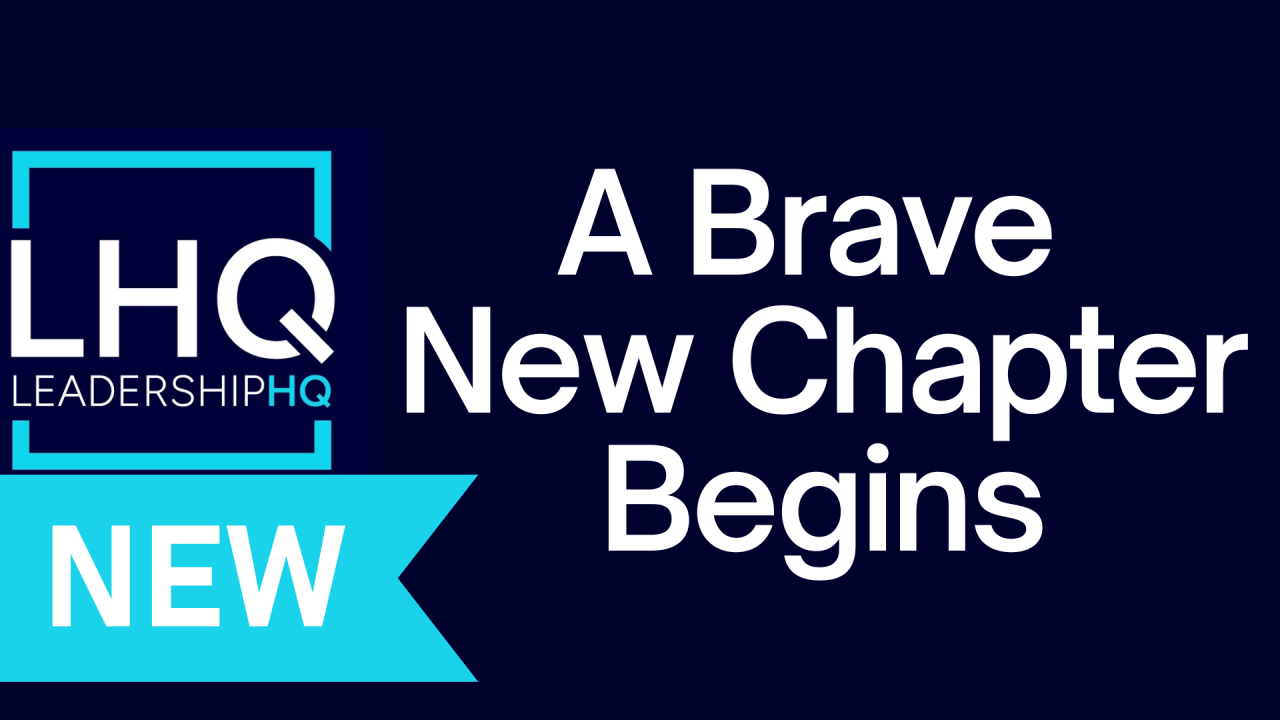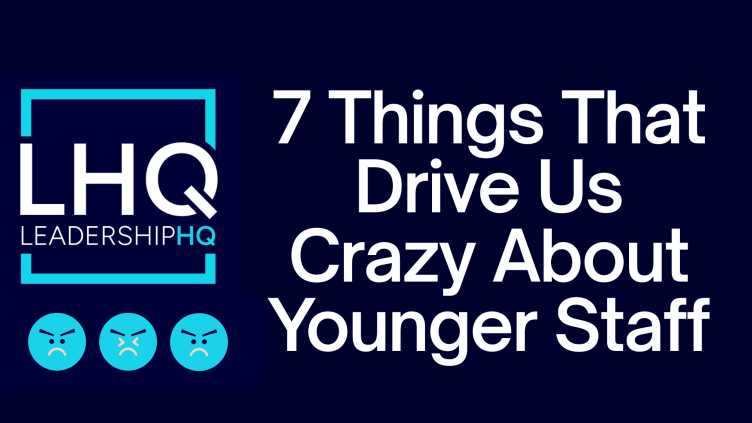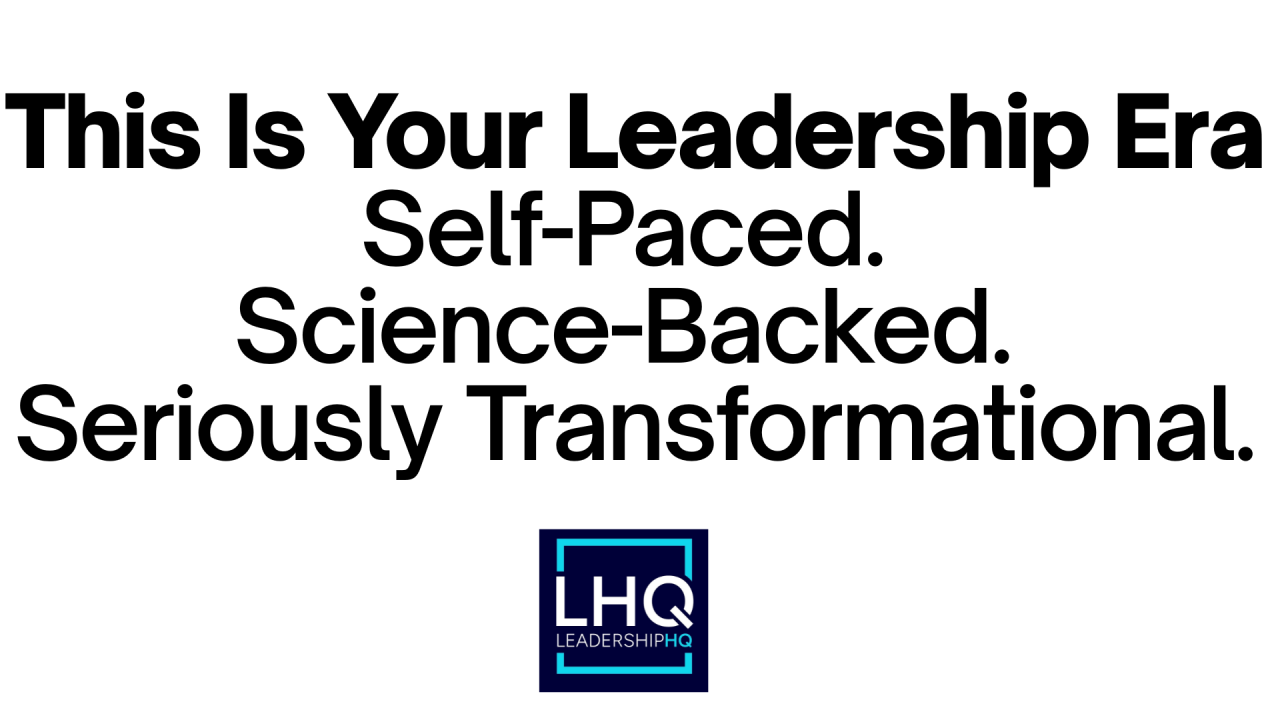Which mindset are you? You may be a few. Share or comment below.

Benefit Mindset
The benefit mindset is a perspective and approach that focuses on creating a positive impact and contributing to the well-being of others and the world. It builds upon the traditional fixed and growth mindsets by adding a dimension emphasising the collective good. Here are some critical aspects of the benefit mindset:
- Purposeful Work: Individuals with a benefit mindset aim to align their personal and professional activities with a greater purpose. They seek to contribute to causes that improve society and the environment.
- Community and Collaboration: They prioritise collaboration over competition, understanding that working together can lead to more significant community outcomes. They value diversity and inclusivity, recognising the strength of varied perspectives.
- Ethical Leadership: Leaders with a benefit mindset focus on ethical practices and decision-making that benefit all stakeholders, including employees, customers, and the wider community. They aim to lead by example, inspiring others to consider the broader impact of their actions.
- Sustainability: Emphasising long-term sustainability over short-term gains, they consider their actions and decisions’ environmental and social impacts. They advocate for practices that ensure the health and well-being of future generations.
- Empathy and Compassion: A benefit mindset is rooted in kindness and compassion. It fosters a deep understanding and concern for others’ experiences and challenges, driving individuals to take actions that alleviate suffering and promote well-being.
- Systemic Thinking: This mindset involves seeing the bigger picture and understanding how different systems and factors interconnect. It encourages innovative solutions that address the root causes of problems rather than just symptoms.
- Personal Growth for Collective Good: While personal development is essential, individuals with a benefit mindset view their growth as a means to contribute more effectively to society. They seek to develop skills and knowledge that can be used to help others.
Adopting a benefit mindset can lead to more fulfilling and impactful personal and professional lives. It encourages a shift from self-centred goals to creating a positive difference in the world.
Growth Mindset
A growth mindset is a concept developed by psychologist Carol Dweck, centred on the belief that abilities and intelligence can be developed through dedication, hard work, and learning. This mindset contrasts with a fixed mindset, which assumes that abilities and intelligence are static traits that cannot be significantly changed. Here are the critical elements of a growth mindset:
- Embrace Challenges: Individuals with a growth mindset see challenges as opportunities to grow rather than obstacles to avoid. They understand that facing complex tasks can lead to learning and improvement.
- Persistence in the Face of Setbacks: People with a growth mindset do not give up easily when encountering failures or setbacks. They view these experiences as part of the learning process and are motivated to keep trying until they succeed.
- Effort as a Path to Mastery: They believe effort is essential for achieving mastery and success. They recognise that hard work, practice, and perseverance are crucial for developing new skills and abilities.
- Learn from Criticism: Constructive feedback is seen as valuable information for growth. Individuals with a growth mindset are open to criticism and use it to improve their performance and understanding.
- Inspiration from Others’ Success: Instead of feeling threatened by others’ achievements, people with a growth mindset are inspired by them. They see others’ success as proof that they can achieve similar accomplishments through effort and learning.
- Focus on Learning and Development: A growth mindset emphasises continuous learning and self-improvement. Individuals prioritise gaining new skills, knowledge, and experiences over proving their abilities.
- Adaptive Attitude: They adapt their strategies and approaches when facing difficulties, understanding that flexibility and innovation can lead to better solutions and outcomes.
- Resilience: A growth mindset fosters resilience, enabling individuals to recover from setbacks more quickly and with a positive attitude. They are less likely to be discouraged by failures and more likely to view them as temporary and surmountable.
Adopting a growth mindset can lead to more extraordinary achievement, effective problem-solving, and increased motivation. It encourages individuals to view their potential as malleable and approach life proactively and optimistically. This mindset is particularly beneficial in educational, professional, and personal development contexts, where continuous improvement and adaptability are crucial to success.
Fixed mindset
As conceptualised by psychologist Carol Dweck, a fixed mindset is the belief that abilities, intelligence, and talents are static traits that cannot be significantly developed or changed. People with a fixed mindset tend to think that they are either naturally good or bad at something, and this belief can limit their potential for growth and learning. Here are the key characteristics of a fixed mindset:
- Avoidance of Challenges: Individuals with a fixed mindset often avoid challenges because they fear failure and believe that struggling indicates a lack of inherent ability. They prefer to stay within their comfort zones where success is assured.
- Giving Up Easily: Those with a fixed mindset are more likely to give up quickly when faced with obstacles or setbacks. They see failure as a reflection of their unchangeable abilities and feel discouraged from trying again.
- Viewing Effort as Fruitless: People with a fixed mindset may see effort as pointless, believing that if they need to work hard at something, they lack the talent for it. They might think that natural talent should preclude the need for significant effort.
- Ignoring Useful Feedback: Individuals with a fixed mindset often forget or take constructive criticism personally. They may feel feedback directly attacks their abilities rather than an opportunity to improve.
- Feeling Threatened by Others’ Success: Those with a fixed mindset can perceive others’ success as a threat. They might feel envious or resentful, interpreting others’ achievements as a reflection of their inadequacies.
- Focus on Proving Themselves: Individuals with a fixed mindset are often preoccupied with proving their intelligence or talents. They may seek validation and approval to affirm their self-worth rather than focusing on learning and growth.
- Fear of Failure: An intense fear of failure is standard, as individuals with a fixed mindset equate failure with a lack of ability. This fear can prevent them from taking risks or trying new things.
- Static Perception of Abilities: They believe that personal qualities such as intelligence and talent are innate and unchangeable. As a result, they may not invest in developing new skills or improving existing ones.
Having a fixed mindset can significantly limit personal and professional growth. It can lead to a reluctance to engage in new experiences, a lack of resilience in the face of challenges, and a diminished capacity for learning and improvement. By recognising and challenging fixed mindset beliefs, individuals can work towards adopting a growth mindset, which encourages continuous development and a more positive approach to challenges and setbacks.
